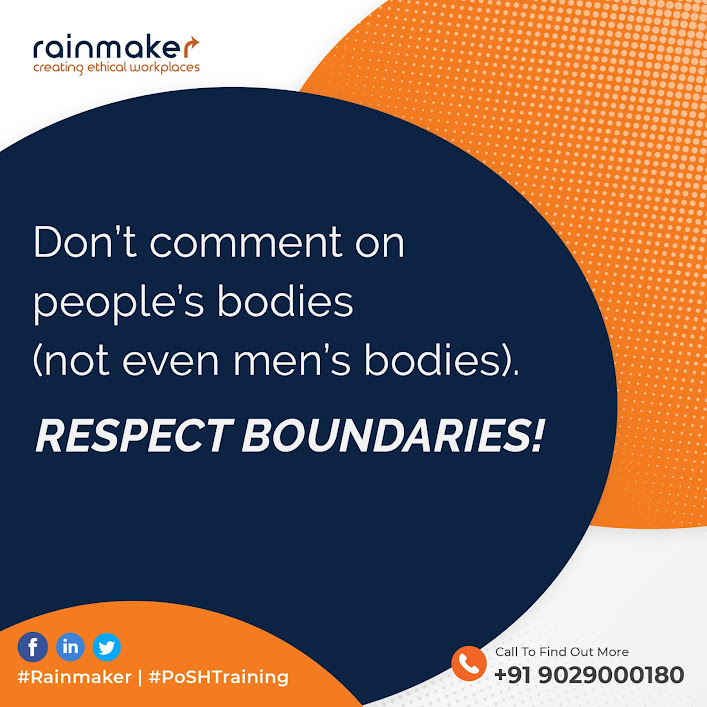Choosing Right PoSH Committee Members Is Essence of Policy Implementation
Covid-19 has become the new talk of the town, plunging all other relevant matters like PoSH awareness training to the sidelines. However, the Act- Prevention of Sexual Harassment at the workplace, 2013, has to remain rampant. Most organizations have implemented the mandatory requirements under the Act, like having PoSH committee members with proper training.
Even after six and a half years of implementation, many cases are still unreported, and if reported, unaddressed, and not adequately.
Recent studies of 2019 revealed a spike of 14% in sexual harassment cases in almost 100 BSE companies. Last year (2019), 823 cases of sexual harassment have been registered so far, compared to 722 in 2018. Other studies have revealed that nearly 70% of women choose not to report harassment. It could be one of the contributors to why women in India are unwilling to continue working in offices. Nearly 10% of complaints have dropped in the last 15 years.
Why Are Women Reluctant To Report The Abuse?
1) Most women hesitate to contact PoSH committee members. There is a fear of being not being taken seriously or heard.
2) Embarrassment to be caused to women folks and their families deter reporting of the offense. Women are often scared of being victimized, isolated, missing out on career and growth opportunities.
3) Lack of knowledge of the right channels to raise a complaint - the ways and means of submitting a complaint and redressal.
4) People are not encouraged by co-workers/ managers/ HR/ leadership to raise a complaint.
Often cases are trivialized. It is recommended to normalized, ignore it or move on.
5) Not taking any action against the offender creates a trust deficit between the woman employees (one who has faced harassment).
Hurdles for Employers in Implementing PoSH Policy
Even after implementing the https://rainmaker.co.in/Sexual Harassment Act, unique challenges are faced by Indian employers on day to day basis as the Act does not address them. Some hurdles are:-
1) There is ambiguity in differentiating 'harassment' from 'sexual harassment.' The Act provides explicitly for redressal of complaints of sexual harassment only.
Many times the complaints of general harassment filed with the employer have elements of sexual harassment. In such cases, the problem arises if the company's Internal Complaints Committee (ICC) should be referred or if they can be dealt with by the employer following its internal processes for harassment or unethical conduct.
2) Composition of the ICC
The Act prescribes, in no uncertain terms, the qualifications and gender of the members that have to constitute an ICC and PoSH committee members.
ICC is a premise to help create a non-biased environment for the redressal of complaints in the workplace.
The PoSH Act Helps in Creating a Work-Friendly Environment
A well-designed session for participants and refreshers helps organizations build awareness, trust and create a compliant workplace in letter and spirit.
POSH implementation should remain a tick mark activity and continue to grapple with the issues articulated above.
PoSH committee members intend to serve each complaint, analyzing it in legal pursuit for creating a workplace free from sexual harassment. It ensures that natural justice principles are delivered, and no person is condemned without giving a fair hearing.


Great blog learned many things about human resources from this blog very informative.
ReplyDeleteDiversity and Inclusion Consulting Firms
Diversity and Inclusion Workshops
Employee Assistance Program
Posh Training